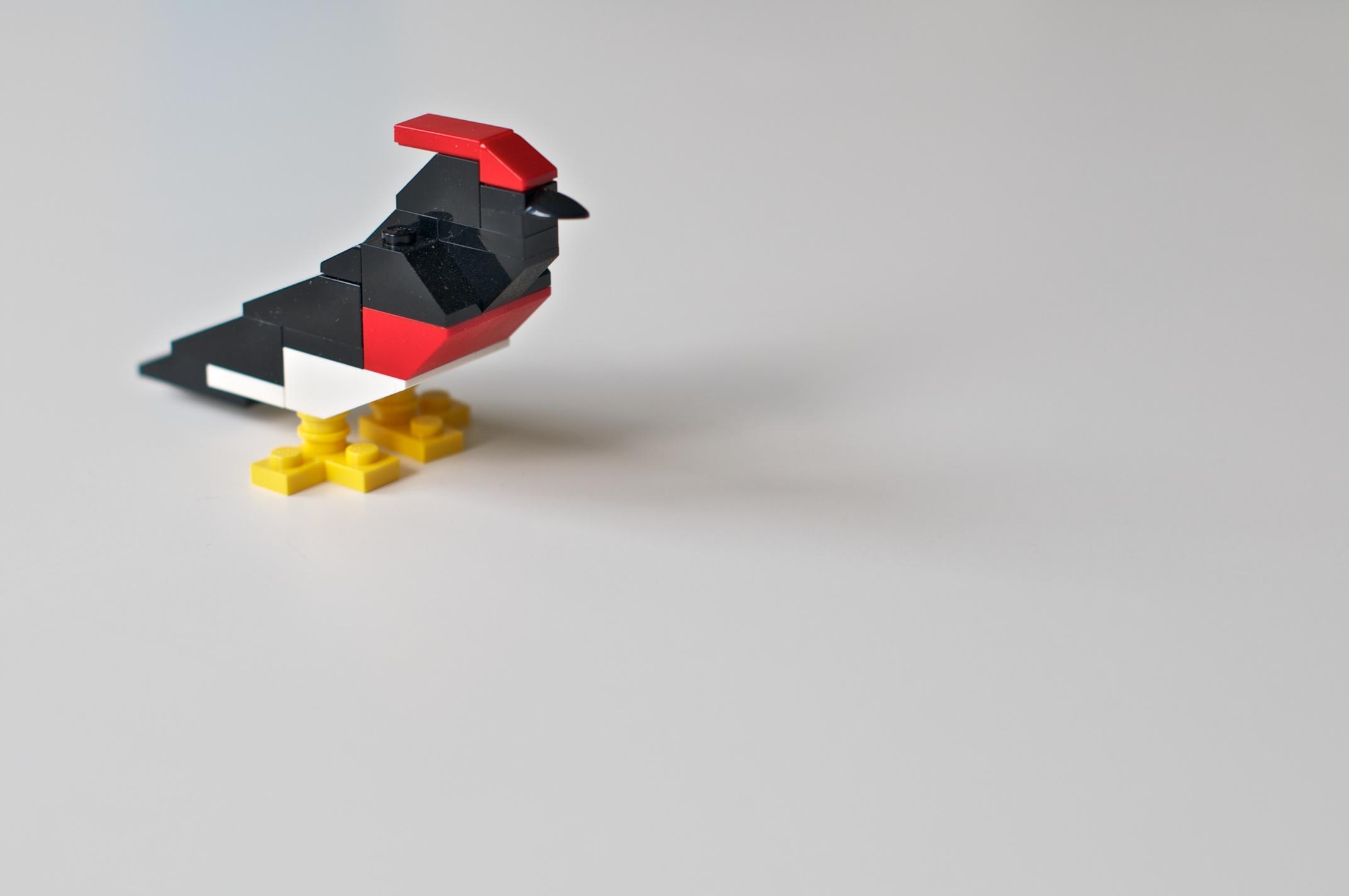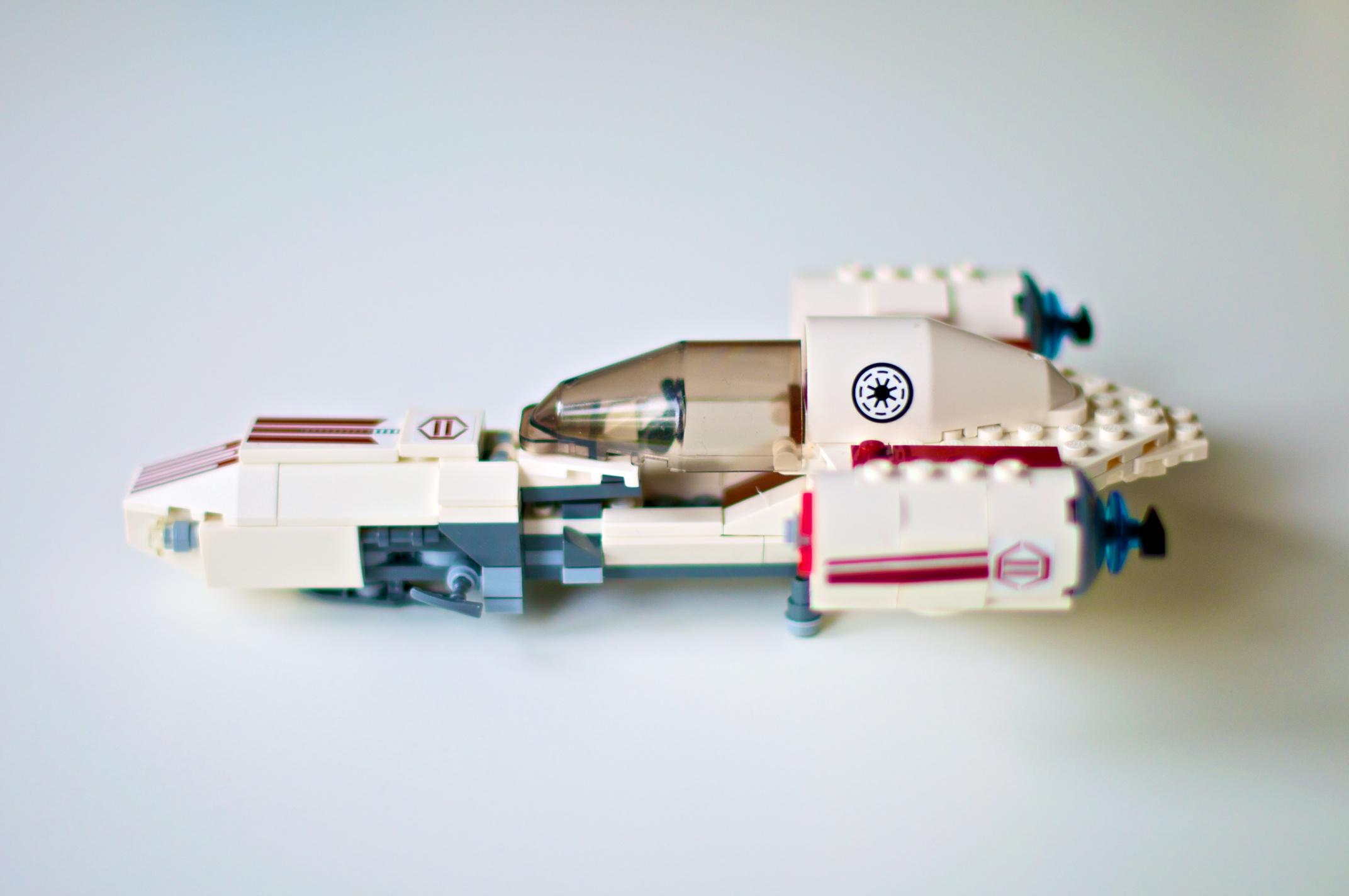Lego is amazing. Lego is a smart toy. It teaches us and our kids many things. Lego can especially teach us a fundamental insight that is true for many areas of our lives: We love doing those things that we are good at. And this is true for Business Analytics, too.
START SMALL

Last year my twin boys wanted to build a fairly large space ship. They were really excited but that excitement ended up in a major disappointment: the project was too difficult for them. They lacked some critical skills. They made a bunch of mistakes and they soon lost patience due to a lack of visible progress. My wife and I tried coaching them. But we finally decided to shift their focus on a few smaller projects that they could finish in less than 10-15 minutes. They loved these projects. And they quickly learned new skills and they completed their objects faster and faster. As a result, the complexity of their projects rapidly increased and they got more and more creative. Today, they are able to build fairly large and complex sets and they need very little help from us. Most importantly, they love Legos as it gives them confidence and they are seeing personal success. When they tried conquering complexity too early, they easily got frustrated and Legos ended up not being their favorite toy for a while.
BIG BANG
Over the past few years, you and I have seen many companies fail with their software implementations. There was this infamous word Big Bang and it usually stood for failure. Companies decided to execute long and massive projects. The associated teams ran into plenty of dead-ends, they made mistakes, they had to compromise and they got really frustrated. Consulting cost often exploded. Business users were getting impatient and project teams decided to counter-act that with change management efforts. As a result, many companies literally hate the tools that they spent years implementing. Such a shame.
START SMALL AND GROW BIG

When we get started with business analytics we should not attempt to do these large projects. It is just like with Legos: we have to develop new skills and we have to find out what works and what doesn’t. We also have to build the excitement. Small projects allow us to learn and to quickly collect success. The more we learn, the more confident we get. While we might need some consulting help in the beginning we can soon rely on our own skills. That significantly increases the motivation of all stakeholders. You will soon find that people are asking for projects instead of you promoting them. And before you know it you can apply the knowledge and skills to the bigger and more complex projects. And those projects will be successful. Isn’t that a better approach?
My advice to you: Think Lego. Start small and grow big.

Comments
One response to “What Lego can teach us about implementing Business Analytics”